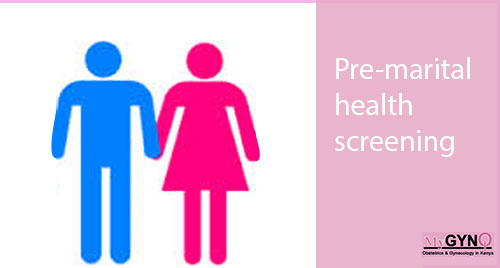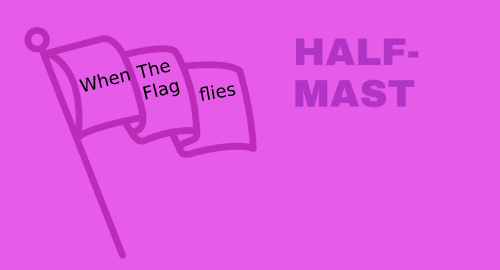Labor and delivery is a predictable event, but many variables come into play. Obstetricians and Midwives are trained to recognise and intervene when the progress of labor veers from the expected pattern. The final point when the baby is about to be born is referred to as second stage of labor. It is usually a short period, lasting no longer than one to two hours, but Obstetricians may allow a longer interval depending on circumstances.
Read more ..... Almost all couples in advanced stages of tying the knot attend several sessions of pre-marital counselling. There are even pre-nuptial legal agreements tied to material possessions pre-dating the marriage for some. But how many engage in pre-marital health screening? This should be considered of equal importance to all other pre-marital rituals, and should never be missed.
Read more ..... Pregnancy is a natural phenomenon. About 80% of pregnancies are usually uncomplicated, while the other 20% may encounter serious problems requiring special attention. But there are so many aches and pains that arise during pregnancy, sometimes making it difficult for couples to decide when it is necessary to see their Obstetrician or midwife.
Read more ..... Blood group typing in pregnancy is important for various reasons. Standard blood groups are A, B, AB or O. Each group is additionally labelled either positive (+) or negative (-), which denotes what is called Rhesus factor. The Rhesus factor is a marker on the red blood cells, and majority of people have this factor and are labelled Rhesus positive. However, about one in every ten people are Rhesus negative.
Read more ..... A problem with having or sustaining an erection is referred to as Erectile Dysfunction (ED). Men with ED are unable to have satisfactory penetrative sexual intercourse. Studies suggest about 40 percent of men over the age of 40 suffer from some form of ED. Remedial measures are readily available, and men should not shy away from seeking help.
Read more ..... 




